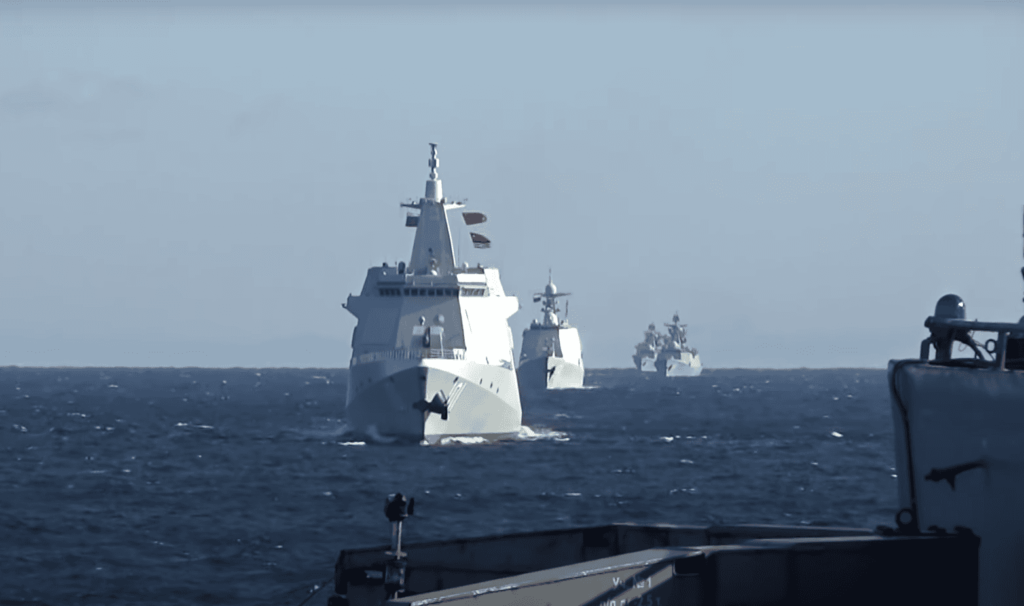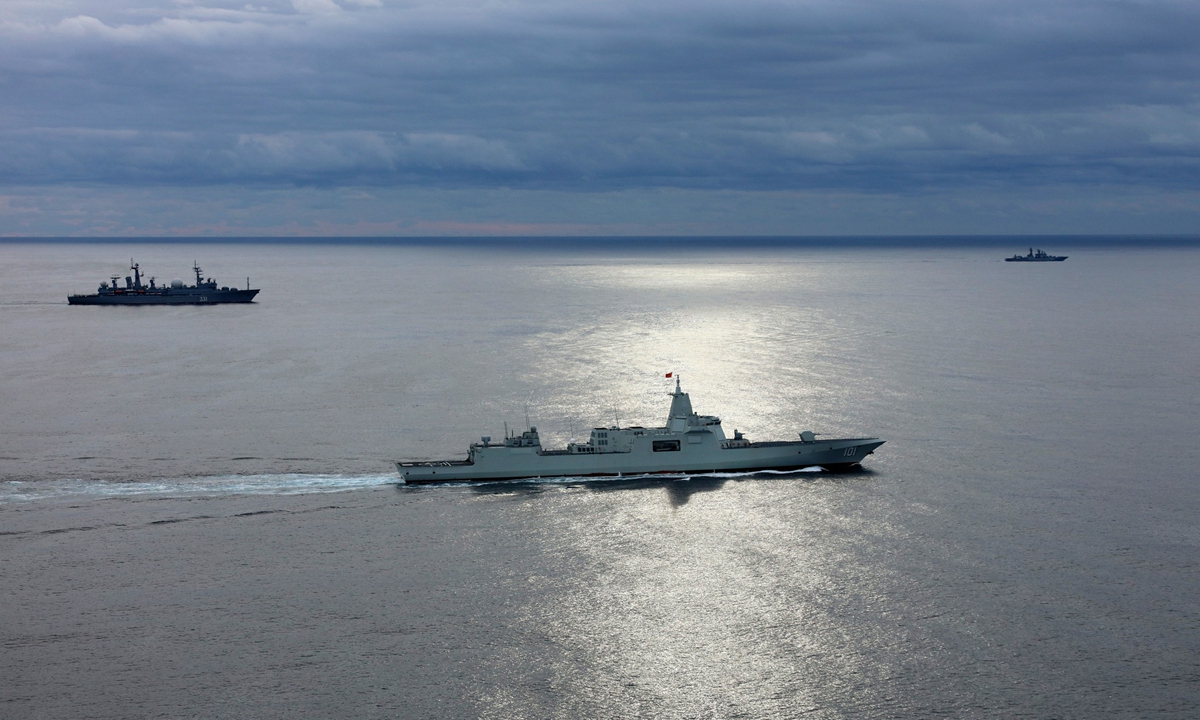Recently, China’s defense ministry disclosed that Russian and Chinese naval forces collaborated on patrols across the northern and western Pacific Ocean. This marks their fourth annual joint naval exercise aimed at enhancing military cooperation. The defense ministry emphasized that these patrols were not directed against any specific nation and were unrelated to current geopolitical tensions.
Context and Strategic Bonds
China and Russia have been strengthening their military, economic, and political ties, particularly since Russia’s 2022 invasion of Ukraine. Criticism has arisen from Western countries over China’s neutral stance in the conflict, despite providing political and economic support to Russia, including trading in dual-use goods with potential military applications.
Implications of the China-Russia Partnership
The alliance between China and Russia holds significant strategic implications, particularly in their approach towards NATO, led by the US. Despite tense relations individually with NATO, joint military exercises serve to demonstrate their collective military prowess and foster mutual security cooperation.
Recent Developments and Criticisms
Following the joint patrols, China announced plans for additional naval exercises with Russia near Zhanjiang as part of Joint Sea-2024. These maneuvers come amid criticism from NATO, labeling Beijing as a key supporter of Moscow’s actions in Ukraine, and concerns from Japan regarding deepening Sino-Russian ties. China has defended its actions, framing these exercises as crucial for regional and global peace and stability.

Comparative Military Capabilities
While joint exercises are becoming more frequent, reports indicate that China and Russia still face challenges in integrating their military operations, unlike the cohesion seen in NATO forces.
China-Russia Relations: A Historical Perspective
Historical fluctuations in Sino-Russian relations highlight their complex dynamics. From the Treaty of Nerchinsk in 1689 during the Qing Dynasty to fluctuations during the Sino-Soviet Split in the late 1950s, their relationship has evolved significantly due to global geopolitical shifts.
Post-Soviet Improvements and Contemporary Challenges
After the dissolution of the Soviet Union in 1991, China and Russia forged closer ties, culminating in a strategic partnership in 1996 and the resolution of longstanding border disputes in 2004. Recent years have seen joint military exercises and increased alignment against perceived US global hegemony, alongside collaborations in energy, trade, and technology sectors.
Current Cooperation and Persistent Challenges
Noteworthy collaborations include the Power of Siberia gas pipeline project launched in December 2019. However, challenges persist, including balancing China’s rising influence with Russia’s traditional dominance in the region.












